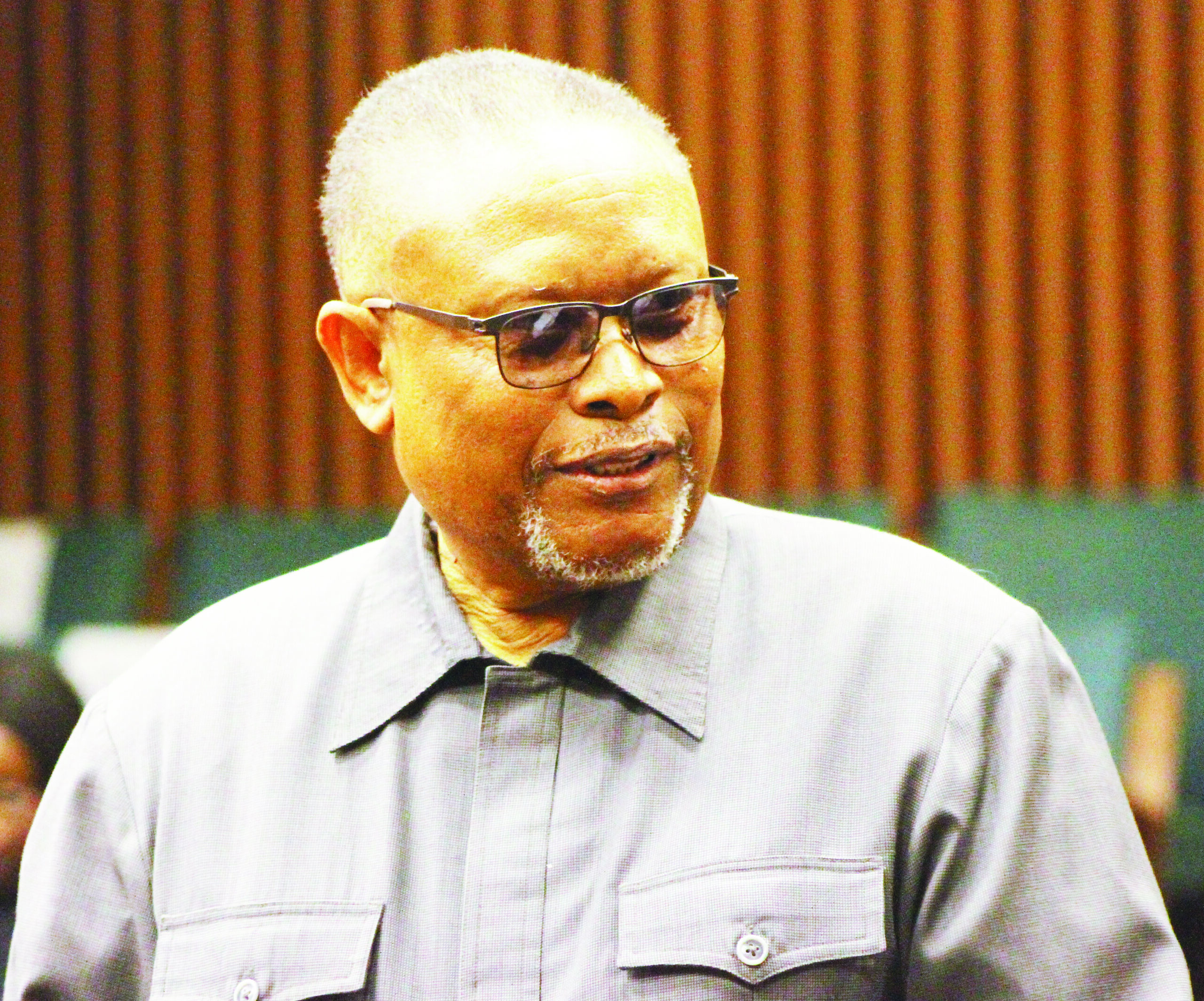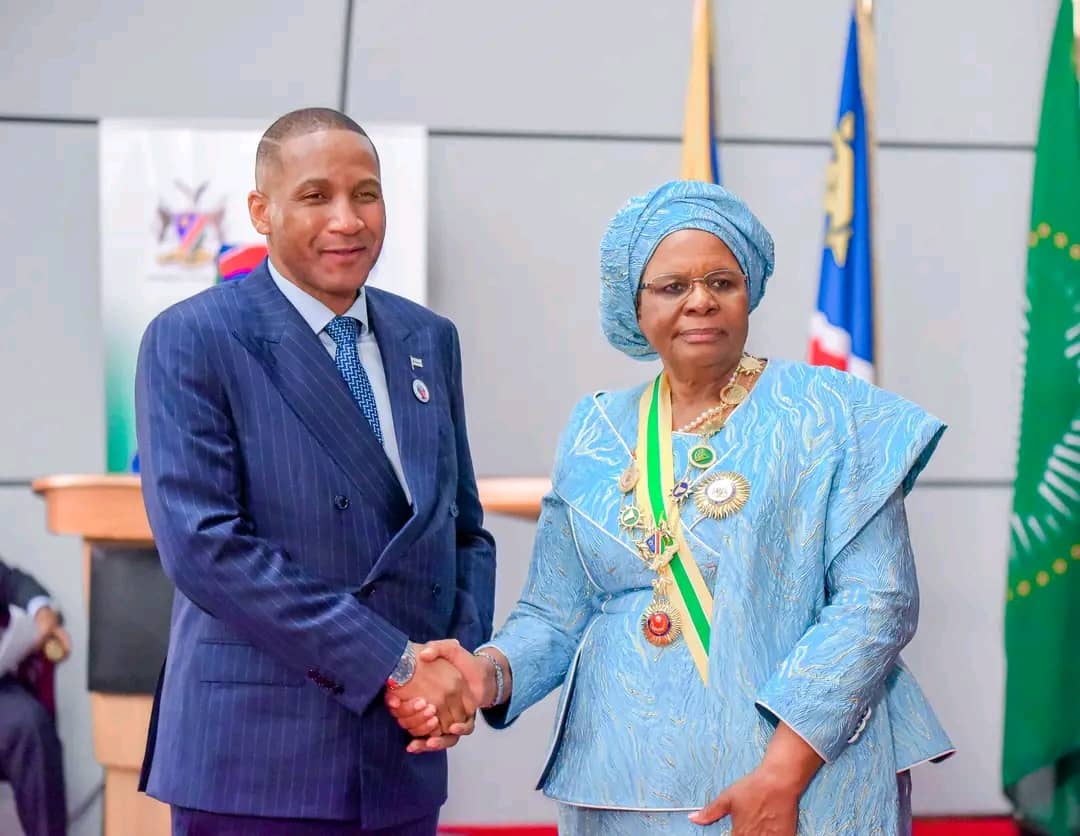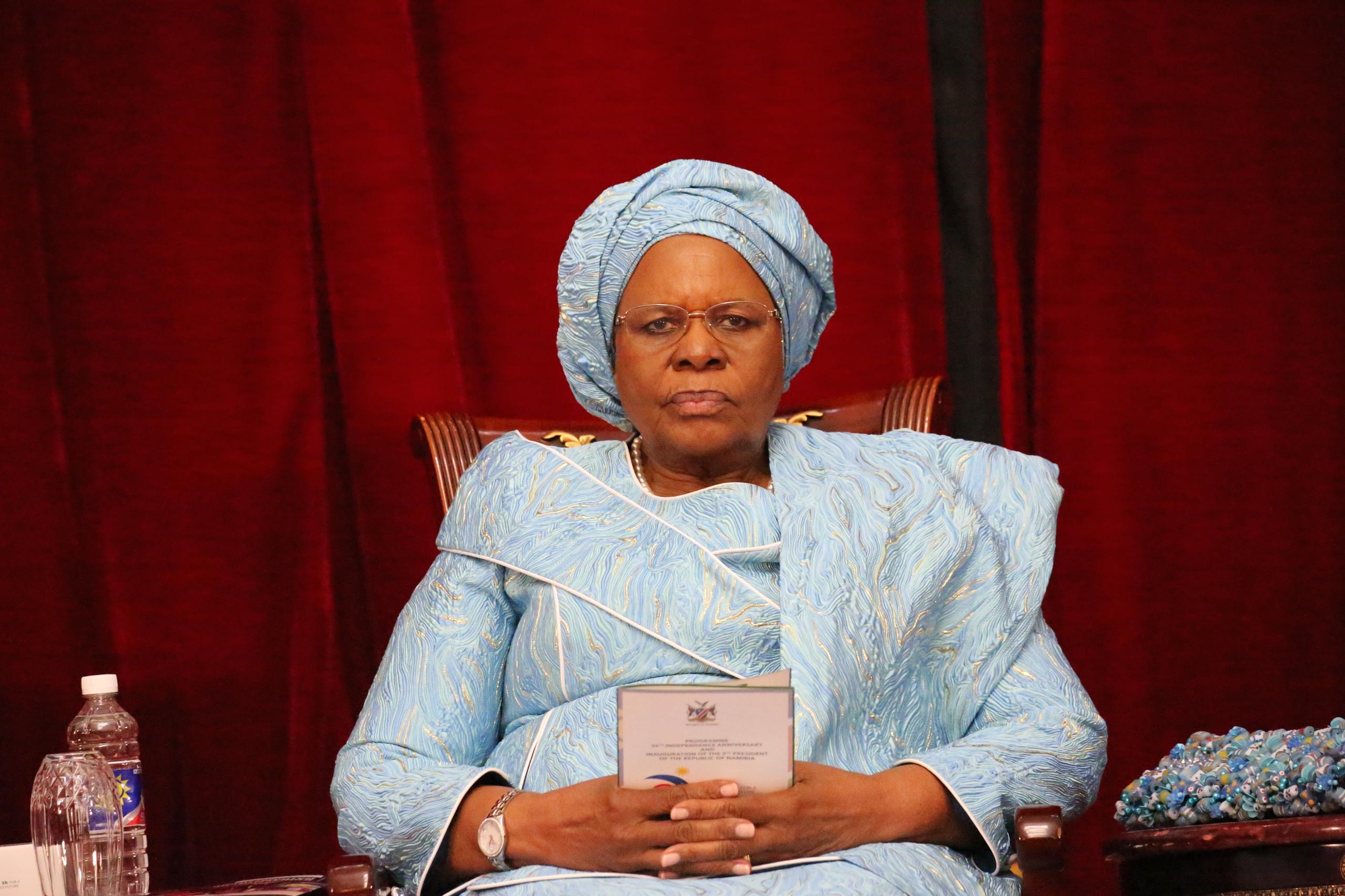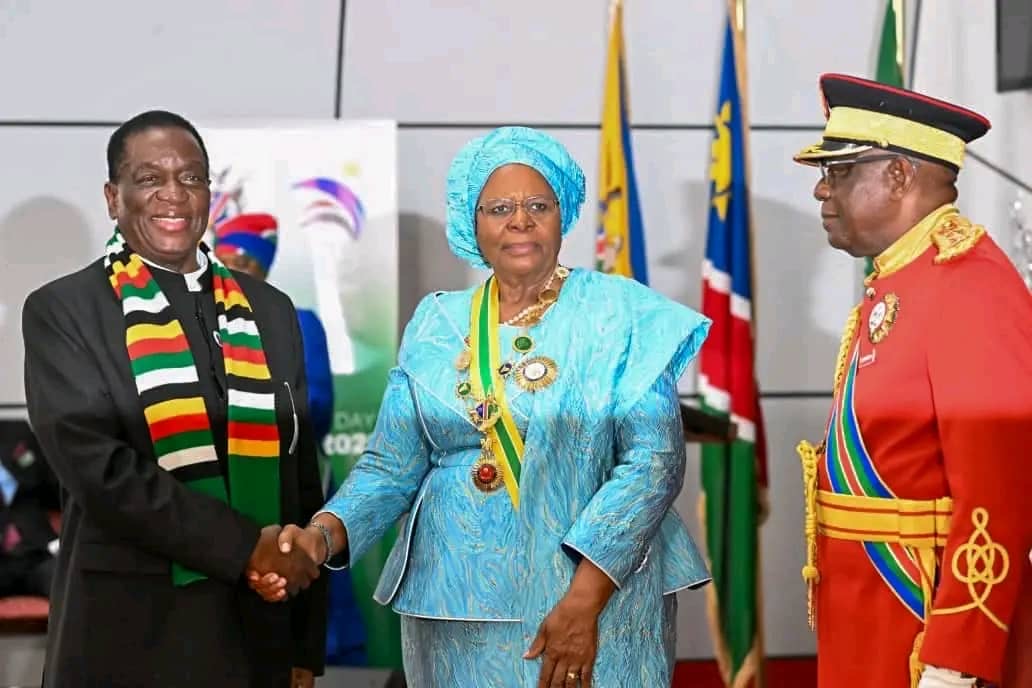Former fisheries and marine resources minister Bernhard Esau repeated his denials about allocating fishing quotas before his testimony in a drawn-out bail hearing in the Windhoek High Court came to an end yesterday.
After a break of nearly three months in his bail hearing before judge David Munsu, Esau returned to the witness stand yesterday to conclude his testimony in support of his application to be granted bail.
The former minister has been held in custody since being arrested near the end of November 2019 in connection with the Fishrot fishing quotas fraud and corruption case.
The bail hearing before Munsu started in December last year and continued in March, April and May before it was postponed for nearly three months.
Esau (65) has testified over the course of nearly 15 days during the bail hearing so far, while a co-accused also applying to be granted bail, Nigel van Wyk (36), was on the witness stand for about three and a half days during the hearing.
Before concluding his testimony, Esau told the judge – as he has also done earlier during the hearing – that during his tenure as minister of fisheries and marine resources the allocation of fishing quotas was done by the office of the fisheries ministry’s then permanent secretary, and not by him.
Esau said the allocation of fishing quotas was communicated to him in an internal memorandum, and he approved the recommended quotas that he received from the permanent secretary’s office.
“I don’t identify beneficiaries,” Esau stated.
The state is alleging that Esau allocated horse mackerel fishing quotas to a company purportedly incorporated in Angola, Namgomar Pesca SA, and to the state-owned National Fishing Corporation of Namibia (Fishcor) during the period from 2014 to 2019, and that those quotas were sold to companies in the Icelandic fishing group Samherji and the proceeds from the quotas were shared by Esau and his co-accused in the Fishrot case.
Esau has denied that he received any financial benefits from quotas allocated to Namgomar Pesca SA and Fishcor.
Anti-Corruption Commission investigator Andreas Kanyangela, who began to testify after the end of Esau’s testimony, told the court it was established during the investigation of the Fishrot case that Namgomar Pesca SA, to which Namibian fishing quotas were allocated, is not registered as a company in Angola.
However, a company named Namgomar Pesca Limitada is registered in Angola, and that company is the shareholder of the Namibian company Namgomar Pesca Namibia, Kanyangela said.
Proceeds from quotas allocated to the unregistered Namgomar Pesca SA were paid into an account of Namgomar Pesca Namibia, Kanyangela also told the judge.
He said he remained opposed to the granting of bail to Esau, as that would not be in the interest of the public or of the administration of justice.
Kanyangela also said Esau is facing serious charges and if convicted he might face a long period of imprisonment.
The state has a strong case against Esau, and there is a likelihood that he would abscond if released on bail and would interfere with the state’s case, Kanyangela added.
He is due to continue with his testimony today.
Esau and his son-in-law and co-accused Tamson Hatuikulipi also applied to be granted bail in the Windhoek Magistrate’s Court in July 2020.
After that application was dismissed, they appealed to the High Court, but their appeal was similarly dismissed by two judges in February 2021.
Hatuikulipi (42) again applied for bail in the High Court last year, but that application was dismissed near the end of December.
Stay informed with The Namibian – your source for credible journalism. Get in-depth reporting and opinions for
only N$85 a month. Invest in journalism, invest in democracy –
Subscribe Now!










